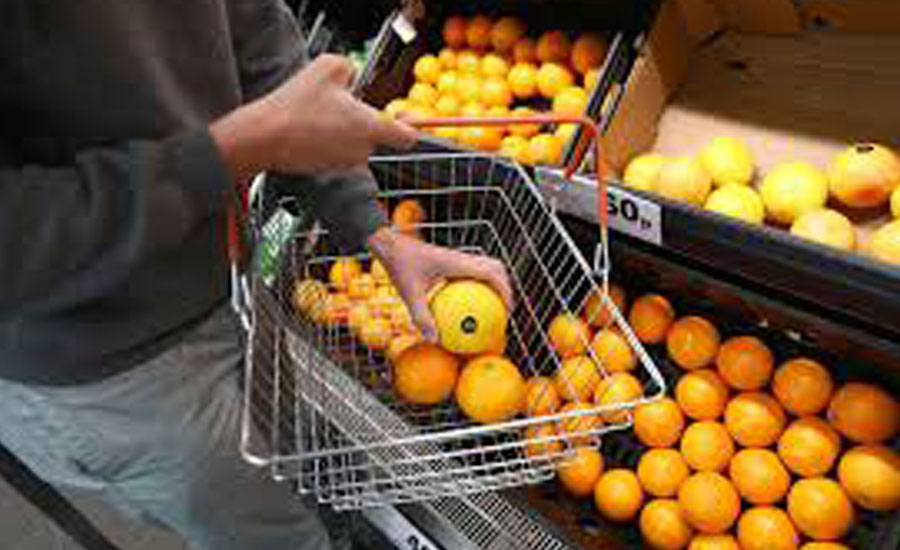LONDON (Reuters) - UK shop price inflation cooled in early April for the first time in six months as retailers ramped up discounts at the start of the month, an industry survey showed on Wednesday.
The British Retail Consortium (BRC) and market research group Nielsen said shop prices were 0.4 percent higher than a year ago in April, compared with 0.9 percent in March.
“There were more than double the number of product lines on discount this month compared to the previous, as retailers hope to recover ground after March’s disappointing sales figures,” BRC chief executive Helen Dickinson said.
Clothing and footwear saw the most widespread discounts, followed by home improvement goods and fresh food.
The official measure of annual consumer price inflation - which covers a much wider range of goods and services - stood at 1.9 percent in March, close to the two-year low of 1.8 percent struck in January.
The BRC collected price data between April 1 and April 5, two weeks before the Easter holiday weekend which typically brings a boost to consumer spending.
UK shop prices rise at fastest pace in nearly six years
Earlier Jan 30,
Prices in shops in Britain (UK) rose by the most in nearly six years in January, but inflation is not a big risk as long as the country can avoid a no-deal Brexit, a group representing retailers said.
Shops increased prices by an 0.4 percent compared with a year earlier, the most since April 2013, the British Retail Consortium said.
In December prices rose by an annual 0.3 percent.
Retailers have been holding prices down in the face of tough online competition and faltering consumer confidence as Britain approaches the date when it is due to leave the European Union.
Despite the gradual increase in shop prices over the past four months, the BRC said consumers had little to fear from inflation as the underlying upward pressure on prices was easing.
“That is unless the UK leaves the EU without a deal on March 29, leading to increases in the price of many goods in the weekly shopping basket,” BRC chief executive Helen Dickinson said.
Prime Minister Theresa May is struggling to rally her own Conservative Party behind her plans for taking Britain out of the European Union in less than two months’ time, raising fears of border delays and a fall in the value of the pound that would make imports more expensive.








